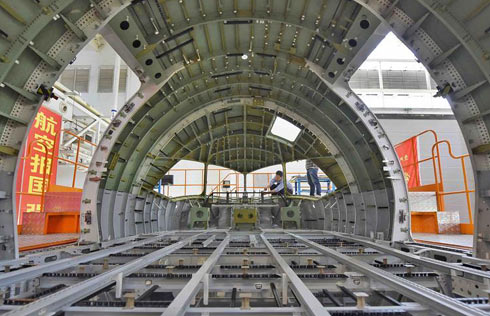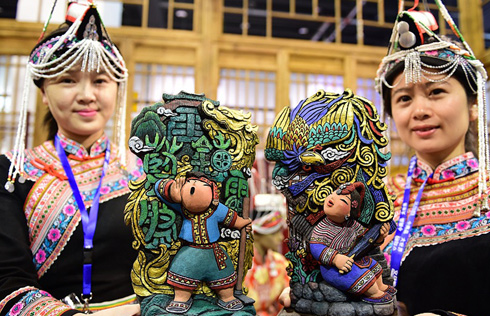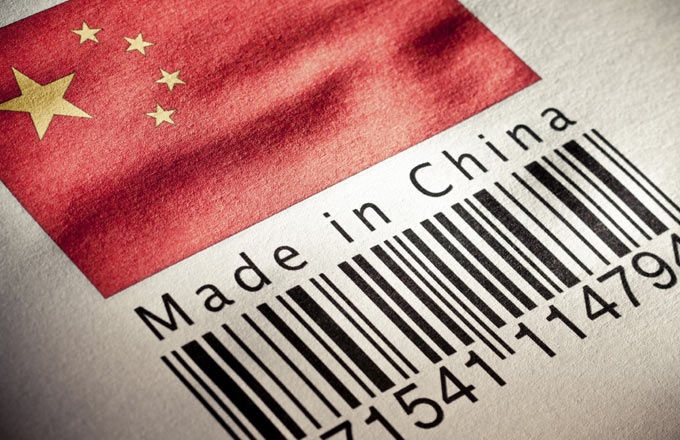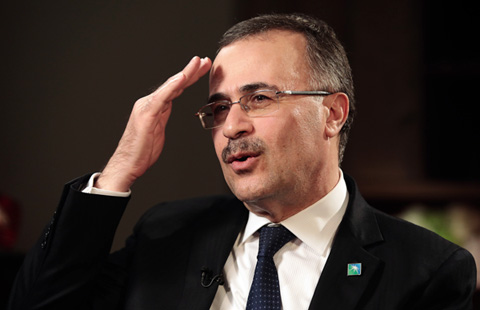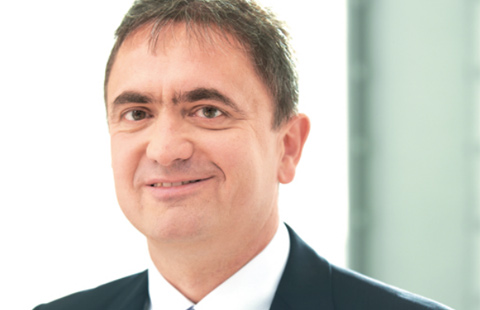Making the case for innovation in private industry
During a panel discussion in March of the Zhejiang delegation to the National People's Congress, Cao Kejian, chairman of Kaishan Group, an air compressor manufacturer, lodged a strong complaint.
After a long period of stressing the importance of environment protection and energy conservation, Cao made his main point. He said the air compressor his company manufactured met the first-level energy efficiency standard and is 28 percent more efficient than the national average. However, unscrupulous people in the industry made false claims about the efficiency of their products.
"I have poured more than 50 million yuan ($8.1 million) into product innovation. I gave the scientist who helped me to meet the first-level energy efficiency standard equity worth 200 million yuan. I hired a contract scientist in the United States," Cao said, getting emotional. "But those companies who could only meet the third-level standard dared to stick first-level standard tags on their products.
"The punishment? 50,000 yuan. The possible gain far outweighs the punishment. With this situation, how can our enterprises be willing to innovate?" Cao asked.
He said he also could not understand why the national energy efficiency standard for his products was raised less than 1 percent in the latest upgrading.
"In Western countries, industry standards play a role in leading companies' innovation. In China, industry standards lag far behind industrial innovation. I don't understand why in a country where energy is in short supply and used inefficiently the government is so indifferent to energy-saving practices," Cai said.
His blunt criticism contrasted starkly with the often tedious and mediocre paper reading of other deputies. The host, however, showed an interest and asked him several follow-up questions, suggesting he should raise his concerns with the relevant departments.
Among the delegation from Zhejiang, some of the most vocal speeches came from private entrepreneurs mostly running small and medium-sized businesses. The 96 deputies from Zhejiang, a hotbed for private entrepreneurship, has 23 - 23.9 percent of the total - private entrepreneurs, including Zong Qinghou, chairman of Hangzhou Wahaha Group Co, the richest man on the Chinese mainland.
The percentage of private entrepreneurs among all NPC deputies this year is not available.
Huang Zuoxing, chief engineer of Jiangnan Holding Group, a valve manufacturer, suggested the State should attach more importance to the most talented people and raise the reward money for national top science and technology winners from 5 million yuan to 100 million yuan.
He urged more private enterprises to return to the real economy.
"In recent years, frustrated by the low profits made in the manufacturing sector, many turned to areas such as real estate and finance, which could yield higher dividends in the short term. This is not healthy for our economy," Huang said.
"The real economy is the backbone of the economy. How did Germany manage to escape the worst of the European debt crisis? It is because of its robust manufacturing," Huang said. "The State should offer favorable policies to companies recognized as high-tech businesses. The government should also prioritize innovative manufacturers when it come to tax breaks and land grants."
You Xiaoping, chairman of Huafeng Group Co, one of the major polyurethane manufacturers in China, said although the country has rhetorically recognized the significant role of enterprises that innovate, in practice funds for innovation are rarely awarded to private enterprises. Innovation occurs sporadically in numerous companies but no synergy is created.
He also called for the nation to address the perennial difficulties faced by SMEs in raising money.
"Now the State has approved Wenzhou as a pilot city for financial reform, I think a batch of developed cities should be allowed to conduct their own experiments. The best solutions could be further expanded," You said.
China Daily's interview with several private entrepreneurs revealed they focused mainly on innovation, talented people, finance and tax but they all wanted equal status with State-owned enterprises.
Zheng Jianjiang, president of Aux Group, an electrical appliance and electrical energy meters manufacturer, said without State-owned enterprise status, misconduct by employees in private companies did not necessarily lead to legal charges.
For example, under current criminal law, if employees in State-owned enterprises violate contracts, commit fraud or abuse their power, they will be investigated for criminal responsibility. However, if the same thing was carried out by employees in private enterprises, they would not face criminal charges but civil consequences.
"Like their counterparts in the West, the burgeoning numbers of private entrepreneurs demand a corresponding say in the nation's public life. The NPC is a good platform for them to lobby, just as their counterparts do in the West," said Shi Anbin, a communications professor at Tsinghua University.






